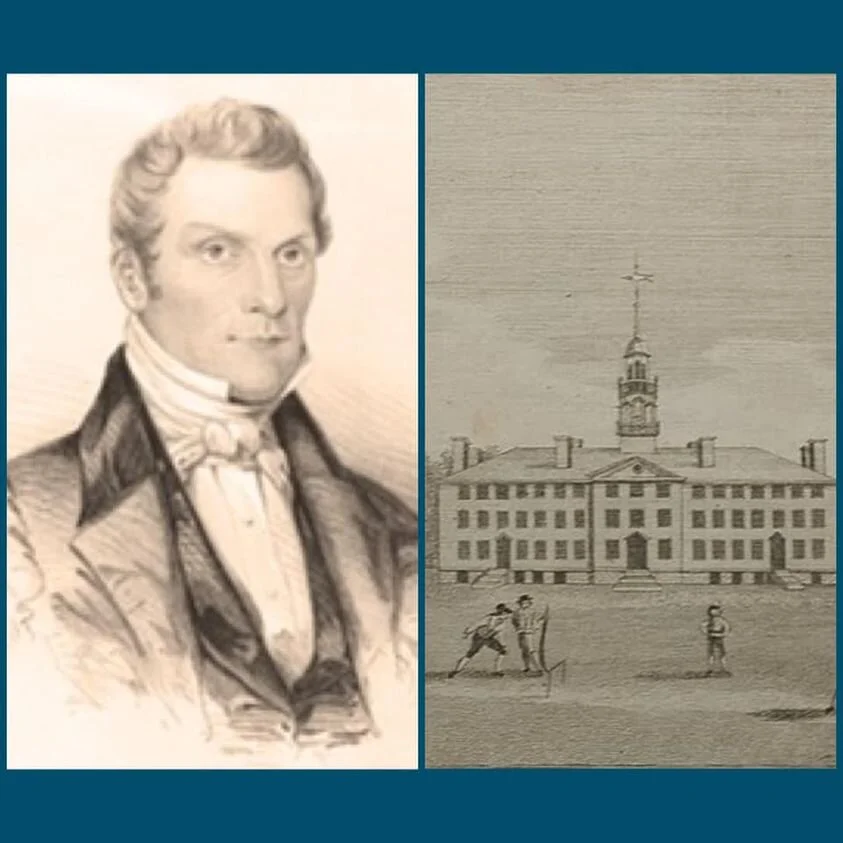Hyrum Smith’s Influences
As a teenager, Hyrum Smith attended Moor’s Indian Charity School associated with Dartmouth College approximately 1811-1814. In 1811 the Smith family moved to Lebanon New Hampshire. Joseph Smith Sr. and his wife Lucy made arrangements for their son Hyrum to attend Moor’s School in Hanover, a few miles north of their family home. Hyrum’s cousin, Stephen Mack, of around the same age was already a student there.
In 2006, historian Richard K. Behrens, published an article in the John Whitmer Historical Journal titled, “Dartmouth Arminianism And Its Impact on Hyrum Smith And The Smith Family.” The following from Behrens gives important background information:
“The early Dartmouth community organized in the 1770s and its expanding curriculum through 1815 provided a unique vantage point from which Hyrum, who entered the Dartmouth community in 1811 and left in 1816, could perceptively view as well as participate in future Mormon doctrinal and community development. The defining of the Dartmouth community and curriculum would soon be followed by the subsequent divining of the Mormon doctrine and community.
Early Dartmouth intellectual inquiry focused on philosophical and theological questions, which challenged America as it emerged from New England Puritanism to face the challenges of the Enlightenment. Many of these same questions would later be systematically answered by the prophet Joseph Smith.
The effort to build the Dartmouth community and curriculum by Dartmouth founder, Eleazar Wheelock, and his son, John Wheelock who succeeded him in 1800, chaotically came to an end with the campus political crisis from 1811 to 1819. The crisis was eventually settled by the Dartmouth College Case, the landmark United States Supreme Case, which preserved the sanctity of charters. This landmark decision marked the end of the Dartmouth’s “School of the Prophets” and its original mission to teach the Indians.
Fortuitously, Hyrum was able to observe this crisis as it literally unfolded before his eyes. He could assess the words and actions of as well as the results achieved by the warring factions. His later role as a peacemaker most likely developed from this vantage point.”

